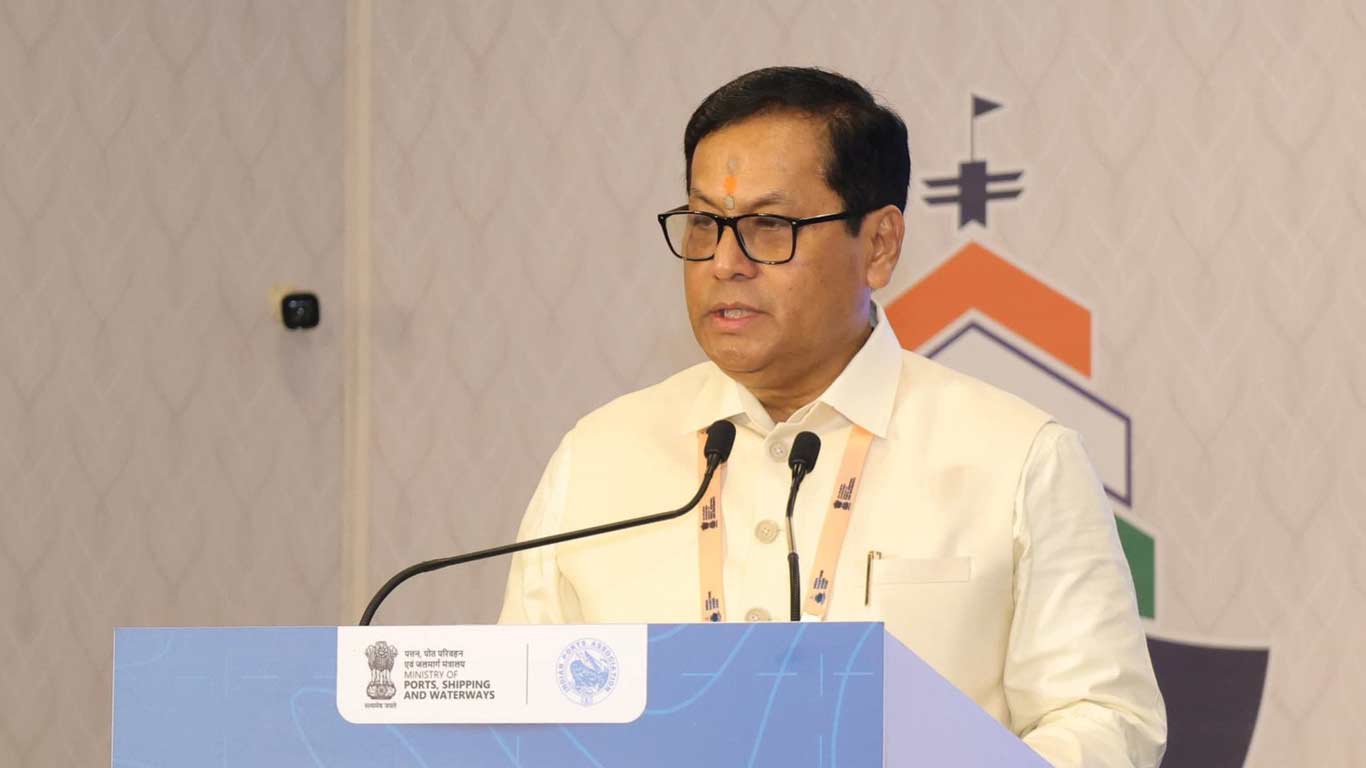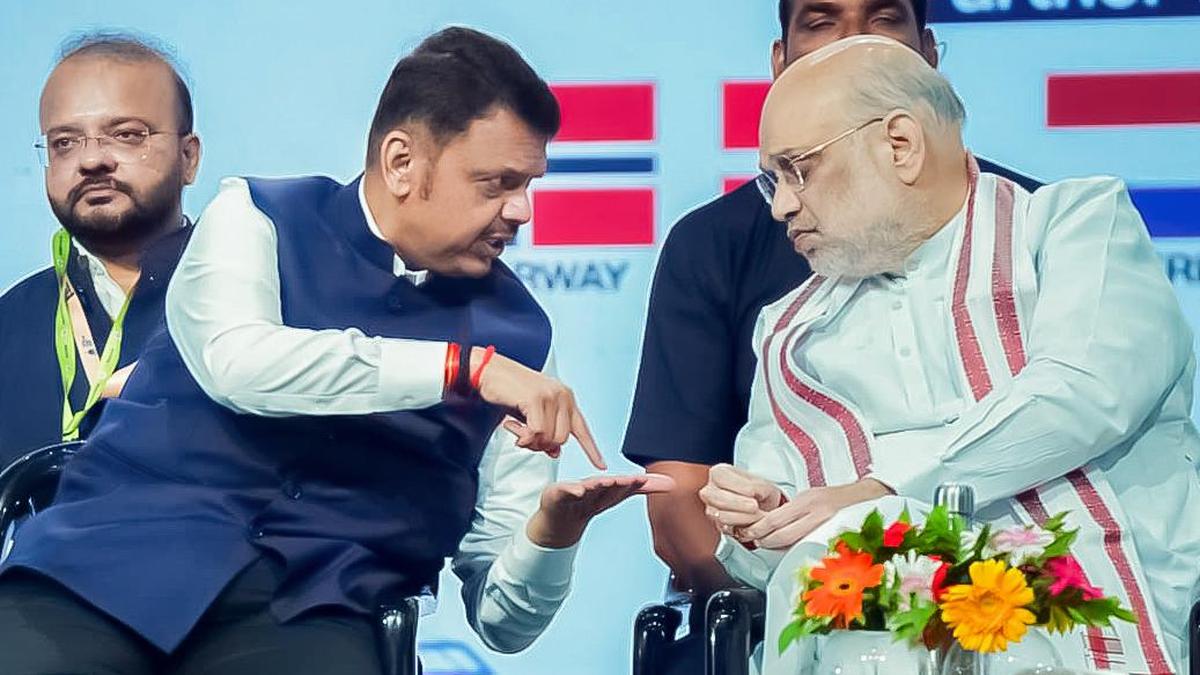Copyright knnindia

Mumbai, Oct 29 (KNN) India Maritime Week 2025 saw policy moves and partnerships aimed at fast-tracking green energy adoption in the maritime ecosystem. Sarbananda Sonowal, Minister of Ports, Shipping and Waterways (MoPSW) said on Tuesday that nearly 95 percent of India’s trade by volume relies on maritime routes and highlighted the nation’s commitment to supporting the global shift toward cleaner shipping. As part of India’s Net Zero 2070 pledge, the country is targeting a reduction in carbon emissions per tonne of cargo by 30 percent by 2030 and 70 percent by 2047. Sonowal spotlighted key initiatives such as Sagarmala, Maritime India Vision 2030, Harit Sagar Guidelines, and the Maritime Amrit Kaal Vision 2047 as pillars of this transformation. “As we look toward Amrit Kaal 2047, our goal is not only to expand maritime capacity but also to make it greener, smarter, and more resilient,” he said. Ports including VOC, Paradip, and Deendayal are steadily evolving into green hydrogen hubs under the National Green Hydrogen Mission, with more than 12 million tonnes of e-fuel capacity announced nationwide. These ports are being positioned as key centers for production, bunkering, and exports, further strengthening India’s potential to lead global green shipping corridors. Sonowal noted, “With our unique geography along key global trade routes, India is poised to become a hub for green shipping corridors, connecting domestic and international markets through clean energy trade.” The country’s first national shore-power standard is expected to soon allow ships to draw electricity while docked, significantly cutting emissions, and ports like Jawaharlal Nehru Port Authority (JNPA) are advancing battery-powered logistics systems to support zero-emission port operations. “The maritime transition cannot be achieved in silos — it demands partnership among governments, industry, financiers, and technology leaders,” Sonowal noted. Five thematic reports were also released, covering areas such as green hydrogen, e-fuels, zero-emission trucking, pollution management, and green port benchmarking. Sessions featuring Sweden and Norway highlighted the importance of international collaboration in automation, electric vessels, LNG fuelling, and smart port systems. India’s newly established Green & Digital Shipping Corridors with Singapore and Rotterdam are anticipated to accelerate investment and capacity building in sustainable maritime infrastructure. In defence shipbuilding, Mazagon Dock Shipbuilders Ltd. and Swan Defence & Heavy Industries Ltd. signed a partnership agreement to construct Landing Platform Docks for the Indian Navy. This collaboration represents India’s first major public–private partnership in defence shipbuilding.



